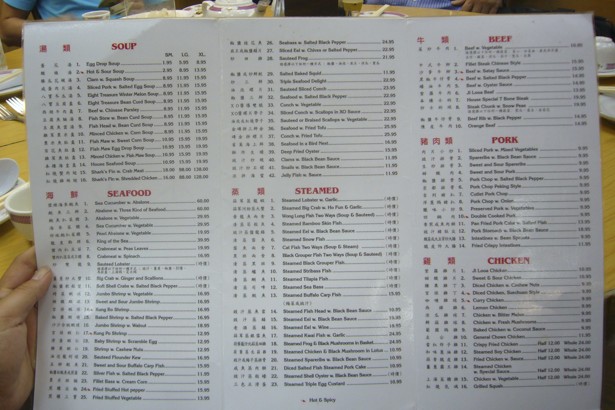Part of our weekly "In Focus" series—stepping back, looking closer.
Chefs have been grappling with the question for years: What's the best way to humanely kill a
lobster?
Some cooks recommend tucking the invertebrate into the freezer for an hour, while others prefer quickly stabbing it behind the eyes. For the serious seafood gourmand, there are even stun devices that are advertised as the only way to humanely kill your joint-legged dinner.
All of this hand-wringing and contradictory advice raises a basic, but as yet unresolved question. Can lobsters and other creatures most of us know as seafood actually feel pain?
The scientific debate on the subject has intensified recently, with a team of British researchers proposing this month that electroshock tests suggest crabs indeed feel pain. But the study has drawn scrutiny, while another study late last year pushed back on the idea that fish, more closely related to humans than are crabs, feel pain.


 by Luke Miller Truth Theory
by Luke Miller Truth Theory
